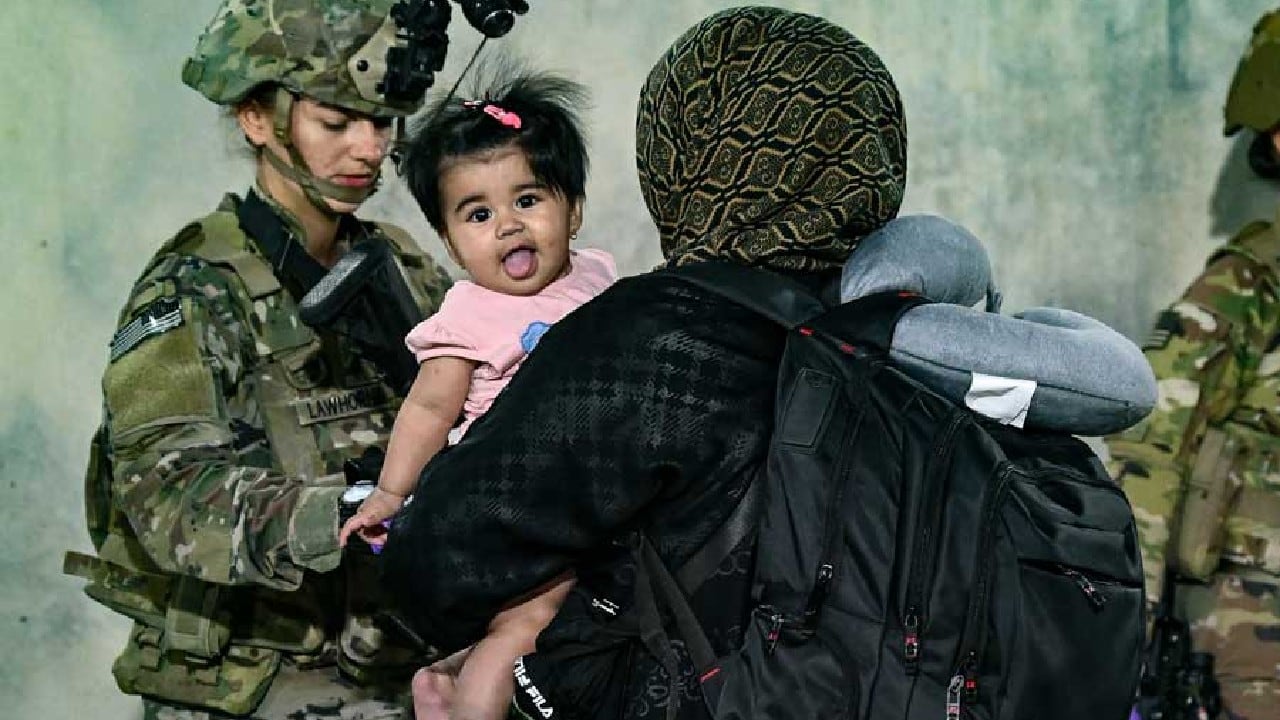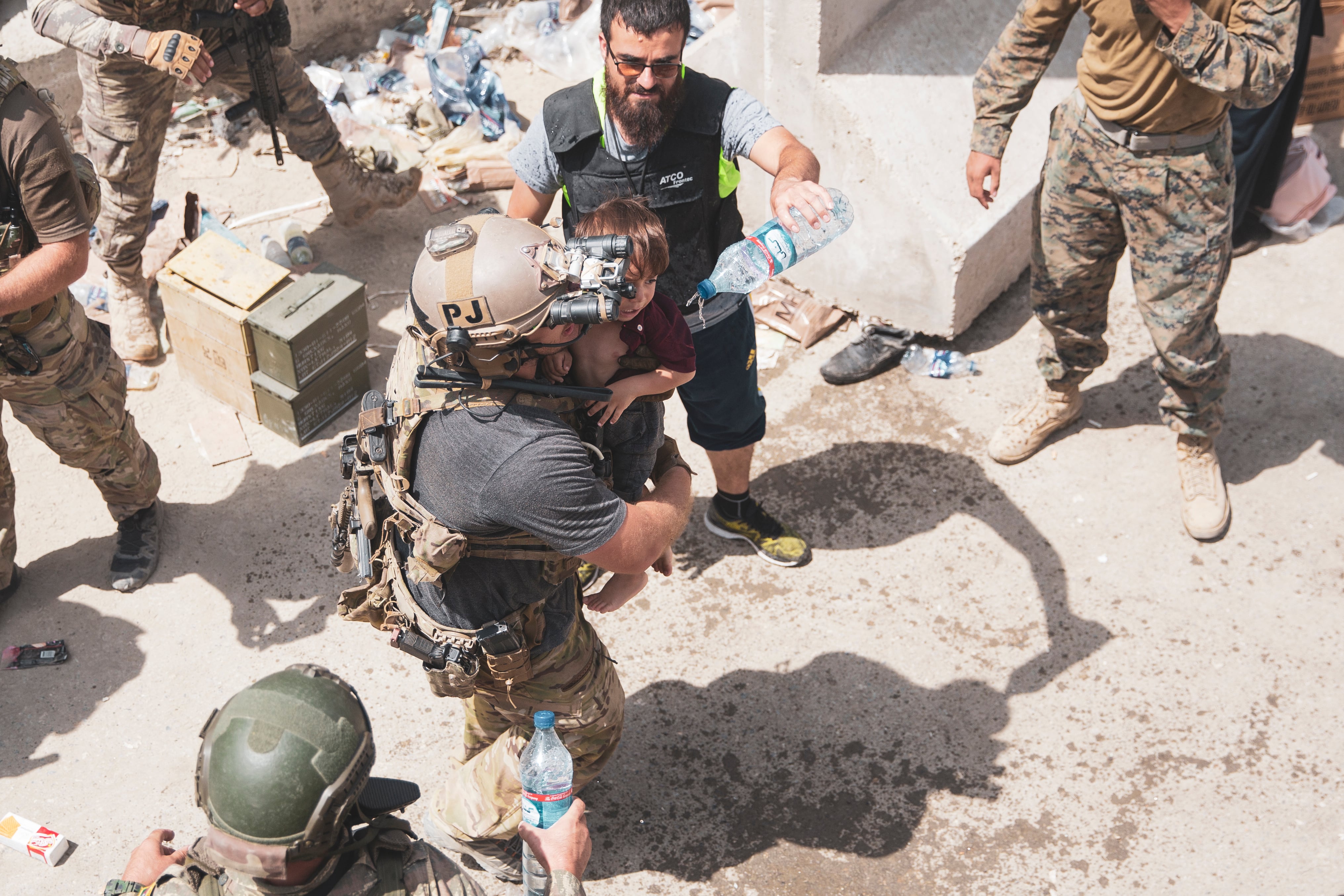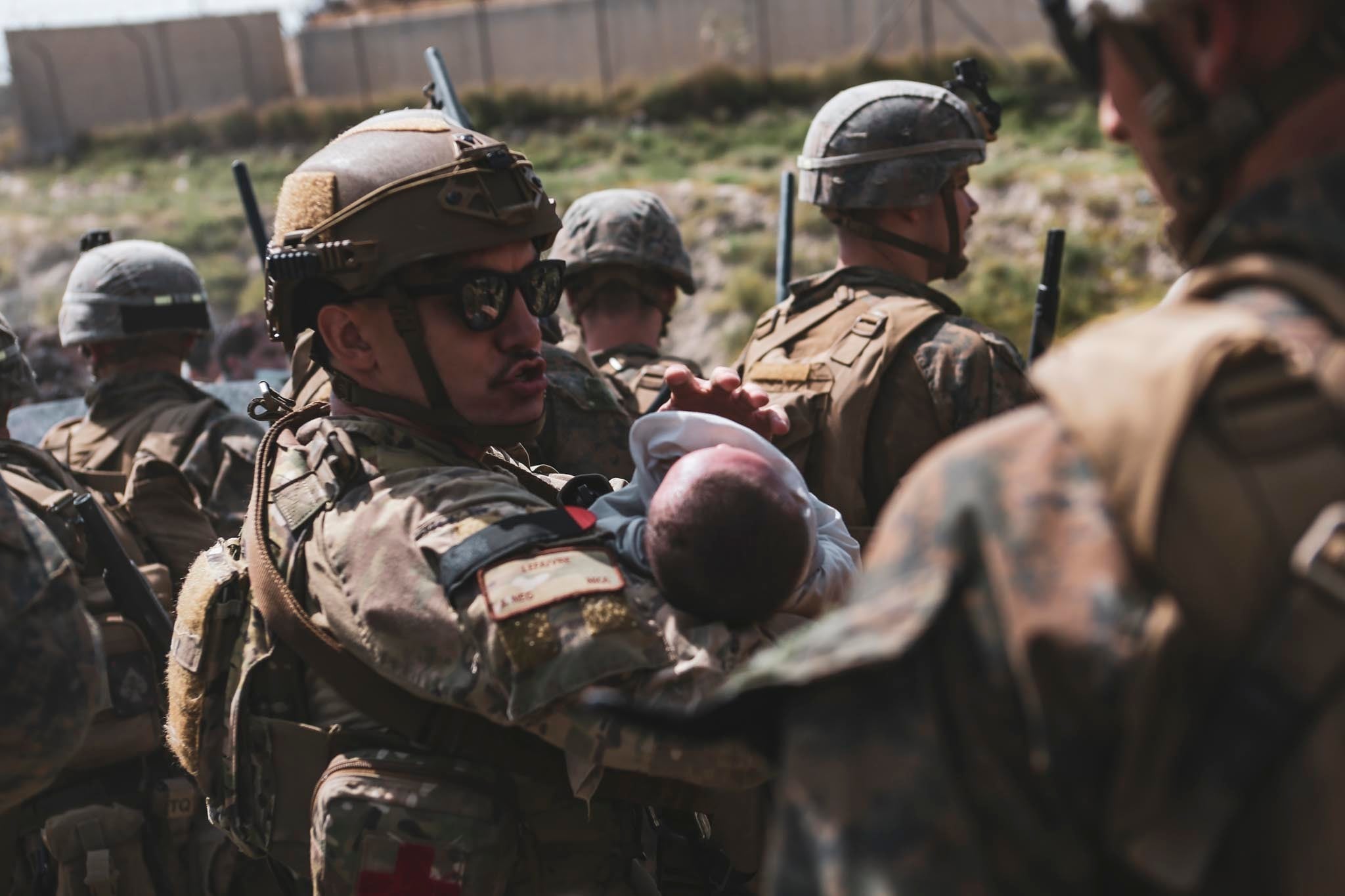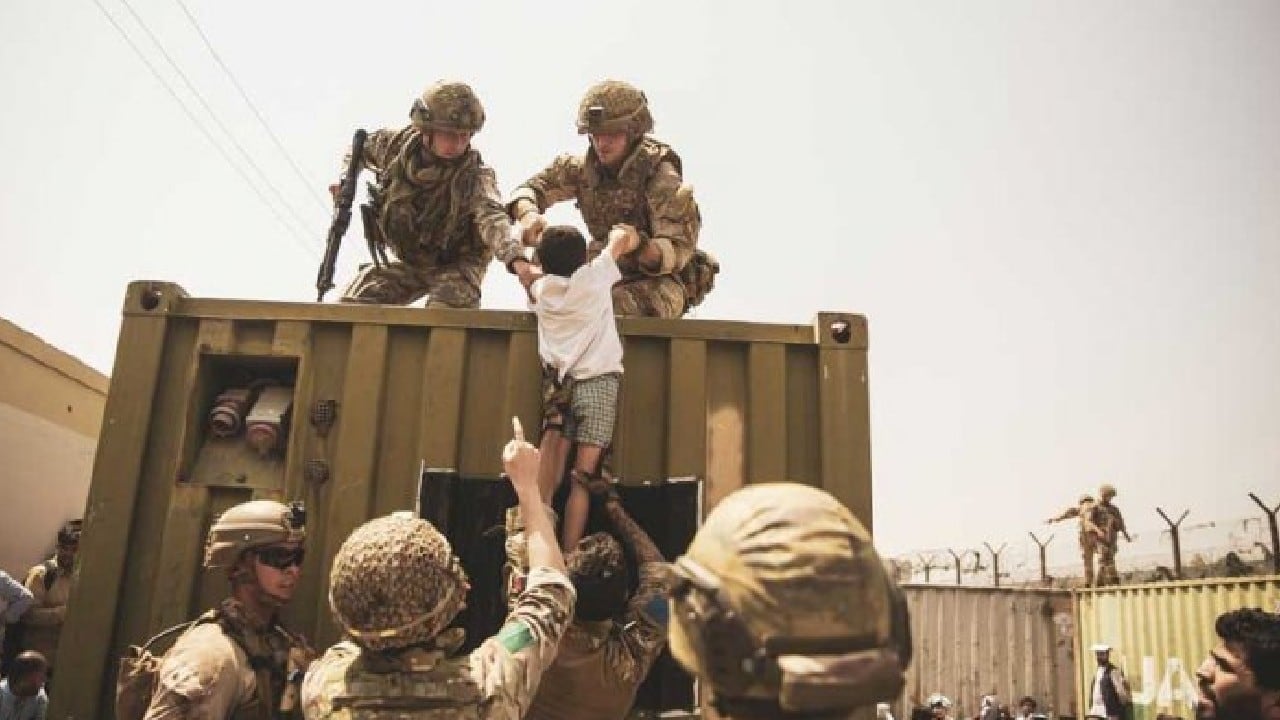For many veterans across the United States, the way the war in Afghanistan concluded is still raw.
While Afghanistan gradually fades from the news cycle, many veteran organizations are still seeking both closure and accountability for America’s longest war.
Following advocacy from multiple veterans organizations, including Iraq and Afghanistan Veterans of America, Concerned Veterans for America, and VoteVets, Congress included the Afghanistan War Commission Act in this weeks’ passage of the 2023 National Defense Authorization Act. The hope is that not only will the Commission lead to accountability for U.S. mistakes in Afghanistan, but that the final report will provide valuable lessons for U.S. policymakers in future conflicts.
“[The Commission] is something that’s never been done in U.S. history,” Matt Zeller, senior advisor to IAVA, told Military Times. “Honestly, if it had been done at the end of other wars, who knows how different things would have been for the better.”
Like other veterans of the war in Afghanistan, Zeller worked tirelessly to evacuate Afghans who fought alongside U.S. forces from the country. However, he said that tens of thousands of Afghans who qualified for a Special Immigrant Visa were left behind in the hands of the Taliban.
“That’s on top of all the P-1 and P-2 visa applicants that Afghan military and commandos would fall under,” Zeller said. “The number is easily in excess of 200,000 people that got left behind.”

Zeller is optimistic that through a four-year investigation, the report generated by the Afghanistan Commission will provide a template to prevent a repeat disaster. Ultimately, Zeller hopes that in future conflicts, it will be a matter of policy that local nationals who work with U.S. forces will be evacuated before the last U.S. troops withdraw.
“The goal [is] that the negative stuff is never repeated,” Zeller said. “And that we put into place laws, policies, and procedures that prevent us from ever having the fiasco of the Afghan evacuation again.”
Aside from the fraught final U.S. evacuation from Afghanistan, lawmakers and other veterans groups hope the commission will examine the entirety of U.S. involvement in Afghanistan.
“Congress owes the thousands of American service members who sacrificed in Afghanistan a serious, honest and long-term effort devoted to bringing accountability and transparency to the mistakes made during the 20-year war that was shaped by four administrations and 11 Congresses,” Sen. Tammy Duckworth, D-Ill., who authored the bi-partisan act, said in a release.
Sen. Todd Young, R-Ind., who co-sponsored the act, echoed the sentiment.
“Working through this commission, we must also understand what led to the sudden collapse of the Afghan government following our disastrous withdrawal,” Sen. Young told Military Times in an email. “This will examine what went right, what went wrong, and hold those responsible accountable for their actions.”

Once established, the commission will examine the entirety of U.S. involvement in Afghanistan. Utilizing a bi-partisan approach, lawmakers in Senate and House committees on armed services, intelligence and foreign relations will spend four years compiling lessons learned.
The final report, which will be modeled after the 9/11 Commission, will examine U.S. involvement in detail. Included will be an examination of all U.S. combat operations, the authorities used for conducting the war in Afghanistan and the role government agencies, such as the State Department, played in the conflict going awry.
“This legislation is a critical step to making sure our leaders are accountable to the American people and towards ensuring we do not again get sucked into another endless war that is not in our national interest,” Russ Duerstine, deputy director of Concerned Veterans for America, told Military Times in an email.
CVA, a conservative-leaning veterans organization funded by the Koch brothers, teamed up with self-described “progressive” VoteVets to support adding the Afghanistan Commission Act into the fiscal 2022 defense bill, highlighting the importance of accountability on Afghanistan to veterans across the political spectrum.
“Concerned Veterans for America and VoteVets traditionally find ourselves on opposing sides of most issues,” VoteVets said in a release. “The American people deserve an honest examination of the decision making that led to 20 years of failed foreign policy in Afghanistan.”

For Zeller, the issue is non-partisan. Further, the U.S. experience in Afghanistan was an unfortunate repeat of history that could have been avoided had a similar “after-action review” took place after the Vietnam War.
“I keep going back and thinking about [Vietnam],” Zeller said. “There’s a lot of similarities in how it ended in terms of betrayal and the moral injury suffered by veterans.”
Following the fall of Saigon to North Vietnamese forces in 1975, an estimated 250,000 Vietnamese who supported the U.S. were branded as traitors and forcibly sent to Communist re-education camps.
This was partly due to the U.S. being unable to evacuate those vulnerable to such treatment at the hands of the communists, Zeller argued, and those were lessons that should have been learned and applied to 2021′s exit from Afghanistan.
However, with Vietnam deeply unpopular at home, said Zeller, veterans of the war there found themselves ostracized and without the political power to effect change.
According to Zeller, today’s veterans have never been more politically organized or enjoyed more public support, unlike following Vietnam. Because of that, Zeller believes veterans possess the political clout to ensure that mistakes made in Afghanistan are recognized, and lessons from the conflict are engrained in U.S. policy so that history, once again, does not repeat itself.
“There is going to be a point in time in which we’re going to have a bunch of Americans who weren’t alive during the Afghan War,” Zeller said. “That’s where this report becomes a gift to future Americans because it will outlive all of us and be a historical record of everything that went down.”
James R. Webb is a rapid response reporter for Military Times. He served as a US Marine infantryman in Iraq. Additionally, he has worked as a Legislative Assistant in the US Senate and as an embedded photographer in Afghanistan.










